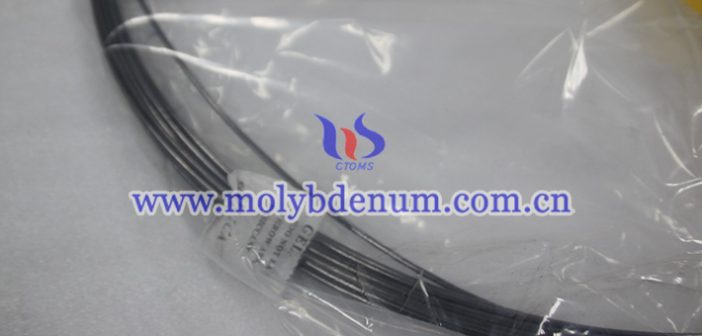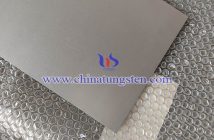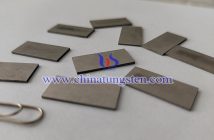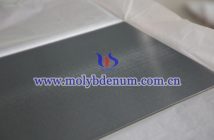Molybdenum (Mo) wire and tungsten (W) wire are two critical materials in various high-performance applications due to their exceptional properties. Both are refractory metals, characterized by high melting points and excellent strength at elevated temperatures. However, they exhibit distinct differences in performance, making each suitable for specific uses.
Melting Point and Thermal Performance:
W wire has the highest melting point of all metals, approximately 3422°C, significantly higher than molybdenum's melting point of 2623°C. This exceptional thermal stability makes W wire ideal for applications requiring sustained high temperatures, such as filaments in incandescent lamps, electron tubes, and high-temperature furnaces. Mo wire, while also capable of withstanding high temperatures, is more suitable for applications where the operating temperatures are slightly lower but still demanding, such as in aerospace components and heat shields.
Mechanical Strength and Durability:
Both molybdenum and W wires possess high tensile strength, making them durable and resistant to deformation under stress. However, W wire generally offers superior mechanical strength compared to Mo Wire. This makes tungsten preferable for applications requiring extreme durability and rigidity, such as in rocket nozzles and electric discharge machining (EDM) electrodes. Mo Wire, with its slightly lower strength, is often used where a balance of strength and ductility is required, such as in medical devices and electronic components.
Electrical Conductivity:
Tungsten and Mo wires exhibit excellent electrical conductivity, essential for their roles in electrical applications. W wire's higher conductivity makes it an excellent choice for filaments in lighting and heating elements, where efficient electricity-to-heat conversion is crucial. Mo wire, with good conductivity and lower resistivity, is commonly used in the semiconductor industry for gate electrodes and interconnects due to its stable electrical properties at high temperatures.
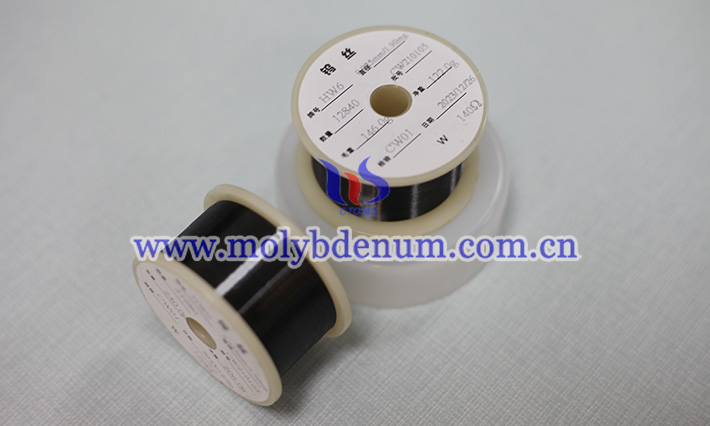 Corrosion and Oxidation Resistance:
Corrosion and Oxidation Resistance:
Mo wire generally exhibits better corrosion resistance than W wire, particularly in harsh chemical environments. This makes molybdenum a preferred material in chemical processing industries and applications involving exposure to corrosive substances. W wire, although less resistant to oxidation at high temperatures, can still perform well in inert or vacuum environments, making it suitable for high-vacuum and aerospace applications.
Manufacturing and Cost:
Tungsten wire is typically more challenging to process due to its higher density and hardness, which can make machining and forming more complex and costly. Molybdenum wire, being less dense and slightly softer, is easier to work with, potentially reducing manufacturing costs. This difference can influence the choice between the two materials based on the specific requirements and budget constraints of a project.
Chinatungsten Online is a professional manufacturer of tungsten and molybdenum for nearly thirty years. We can supply various types of molybdenum wires as per the uses. Please free feel to contact us when you got the purchasing plans.

